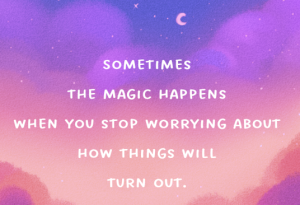This evening, my husband and I rowed our singles again. We didn’t row them much in the spring because many days had windy and choppy conditions, so we usually rowed the double for more stability. As a result, I’ve been feeling out of practice in my single. Leaving the dock, I didn’t judge the wind properly, got blown back in, and had to launch my boat all over again.
My husband pointed out that even though I may not feel as confident in my single as I would like to be, I do race it regularly. That is more than many people do, and those who stay home probably see me as very brave and capable. It’s all a matter of perspective.
Nurturing Thursday was started by Becca Givens and seeks to encourage self-nurturing and to “give the planet a much needed shot of fun, support and positive energy.”










